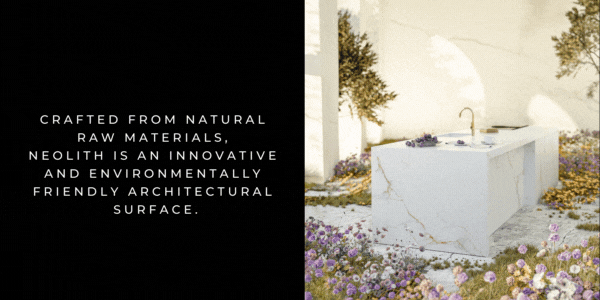Origin Art Presents Frans Thoka
In this, his first solo exhibition with Origin Art, Frans Thoka offers a body of mixed media/painting works, and soft sculpture, which centre around the theme of unresolved trauma in the postcolonial and post-apartheid South African landscape.
Die Deng Ga se diFarm Killings (translated: “That thing is not farm killings”) analyses the impact of unhealed colonial trauma on the previously marginalized in black communities. In the post-apartheid landscape, the collective trauma of these communities, Thoka proposes, has gone unresolved and has metamorphosed into other forms of trauma, for instance, the much-publicized and debated upsurge in farm killings, usually perpetrated on white landowners and farmers.
Thoka’s mixed media/painting work has previously, in various solo and group shows, focused on the use of the Basotho, and the prison blanket. In his work, the Basotho blanket represents the colonial impact on the Basotho (Origin: Batho Baso. Literal translation: Black people), through becoming a kind of currency and a visual marker for the Sotho people. It is the stuff of legend that the first such blanket was a gift from a colonial trader to King Moshoeshoe in the 19ᵗʰ Century, and it has been used since as a cultural market and against the Lesotho cold weather ever since.
But it is also proximal to Thoka’s other motif, the prison blanket. This represents how unhealed past traumas keep people in a ‘refugee’ state. For example, during crises, humanitarian organisations will distribute such blankets to refugees. In essence, South Africa is in state of internal dislocation and migration because of its fragmented and apartheid past. The use of wool as material in his work also represents the fragility of memory, land and humanity.
In this new body of work Thoka also prominently uses stitching and beading, as well as paint and different fabrics, to present his own view of South Africa’s damaged landscapes. The trope of landscape painting features prominently in South Africa’s art history as a colonial means of control, of envisioning the ‘terra nullius’, the empty land that can be occupied and owned. Here
Thoka hints at the bodies and the hidden histories in those landscapes, in his use of textures, stitched outlines and shadowy figurations. In so doing he augments his modus operandi of revealing the trauma beneath the surface. The soft sculptures on show extend this set of metaphors, using shapes reminiscent of seeds to suggest a rewilding or rejuvenation of the landscape.
Artist Biography:
Frans Moshimanyana Thoka (known as Frans Thoka) was born in 1997 in Polokwane, Limpopo Province, South Africa. He obtained his BA in Visual Art from the University of Johannesburg. However, he regards himself as a self-taught artist. His work revolves around the concept of what is humane; a belief in the shared and universal nature of our common humanity. Through his work, he subverts inequality in ‘human’ interaction and reinforces the need for dignity and kindness. His artistic approach is, in some way, trials and hardships of his upbringing. He uses prison and Basotho blankets as key mediums, which emphasize the bare necessities available to the marginalized in society, and reminds the onlooker of the reality of the marginalized.
For more visit Orgin Art.
You might also like...
-
Hamilton Art for the holidays

With the festive season well on its way, now is the perfect time to buy yourself or your loved ones a stunning piece of art ...
-
Hamilton Gallery: How does it feel?

‘Night Lights’, by Paloma When looking to purchase a piece of art , one can be impressed by the name and reputation of an artist ...
-
Don’t Miss Out On Strauss & Co’s November Flagship Sales

Strauss & Co’s upcoming November Sales, taking place in Johannesburg on November 11-12, 2024, will feature outstanding works by a multigenerational lineup of celebrated South ...
-
Hope by Moeketsi Moahloli – A Vision of Tomorrow

We are proud to present Hope, a signature mixed media artwork by South African artist Moeketsi Moahloli, now showcased by The Artists Gallery in Cape ...



























